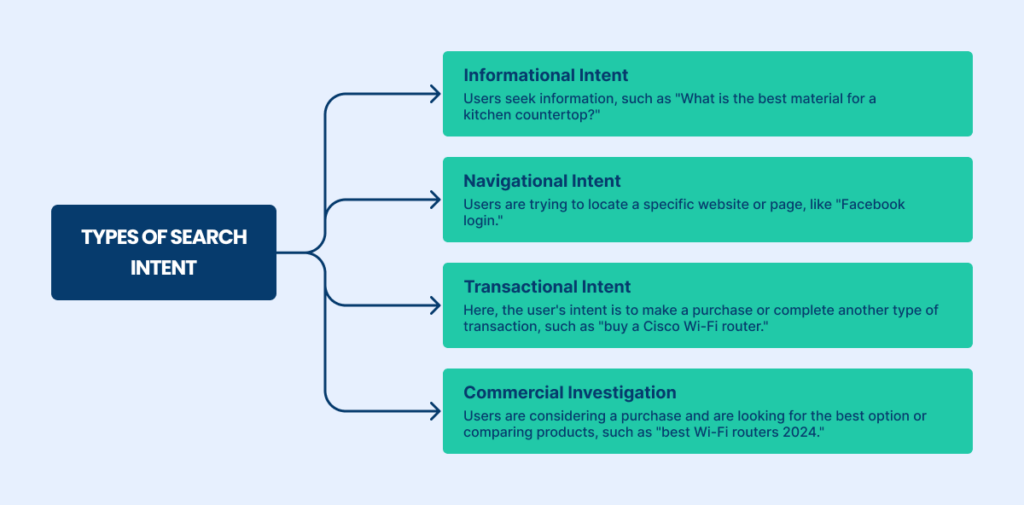1. What Are Keywords?
Keywords are words or phrases people use when searching online. In SEO, they help search engines understand what your content is about and match it to relevant queries.
For example, if you run a coffee shop, potential keywords could include “best coffee near me,” “organic coffee beans,” or “how to brew espresso.”
2. Why Keywords Matter in SEO
Keywords connect user intent with your website’s content. By targeting the right terms, you:
- Improve your website’s visibility in search results
- Attract visitors actively looking for your products or services
- Increase conversion opportunities
- Build authority in your niche
3. Types of Keywords
Understanding keyword types helps you target your audience more effectively:
- Short-Tail Keywords: One to two words (e.g., “SEO tools”). High search volume, but highly competitive.
- Long-Tail Keywords: Three or more words (e.g., “best SEO tools for beginners”). Lower search volume, but higher intent and easier to rank for.
- LSI (Latent Semantic Indexing) Keywords: Related terms and phrases that provide context to your main keyword.
- Transactional Keywords: Indicate buying intent (e.g., “buy running shoes online”).
- Informational Keywords: Used by people seeking knowledge (e.g., “how to run faster”).
4. How to Find the Right Keywords

Keyword research tools help you discover what your audience is searching for. Try:
- Google Keyword Planner: For volume and competition data.
- Ahrefs or Semrush: For keyword difficulty and competitor analysis.
- AnswerThePublic: For content ideas based on real user questions.
When selecting keywords, look for a balance between relevance, search volume, and competition.
5. Where to Use Keywords Effectively
Strategic placement helps search engines and users understand your content. Include keywords in:
- Page titles and meta descriptions
- Headings (H1, H2, H3)
- URL slugs
- Image ALT text
- First 100 words of your content
- Internal and external links
Avoid keyword stuffing—focus on natural, readable integration.
6. Keyword Intent and Content Alignment
Match your content with search intent:
- Informational Intent: Create guides or blogs.
- Navigational Intent: Optimize for brand or product searches.
- Transactional Intent: Use clear CTAs on sales pages.
Aligning content with intent improves both rankings and conversions.
7. How Keywords Evolve with Search Trends

Search algorithms and user behavior change constantly. Voice search, for example, favors natural, conversational phrases. Regularly update your keyword strategy to stay relevant.
8. Measuring Keyword Performance
Track keyword success using:
- Google Search Console: For impressions, clicks, and positions.
- Google Analytics: To see which pages attract organic traffic.
- SEO tools: To monitor rankings and identify new opportunities.
Conclusion
Keywords remain at the core of effective SEO. When used strategically, they help search engines understand your content and connect it with the right audience. Focus on intent-driven keywords, optimize naturally, and continually refine your strategy to stay competitive in the evolving search landscape.







